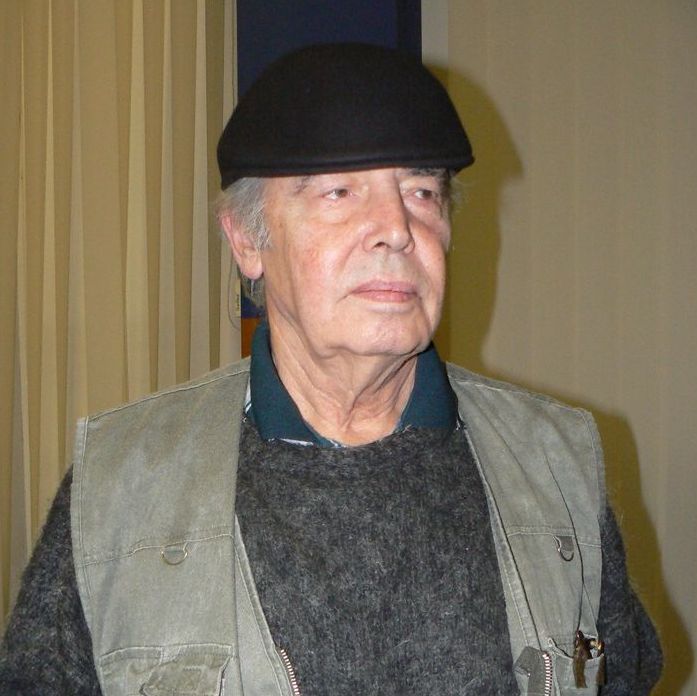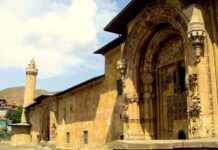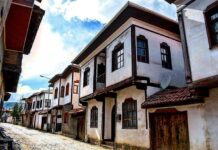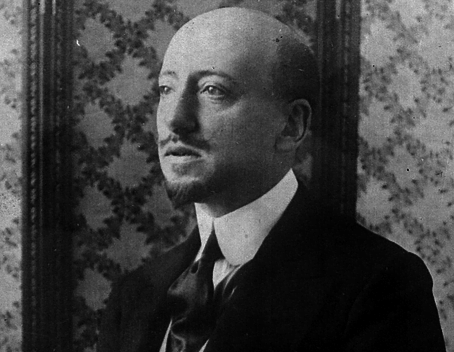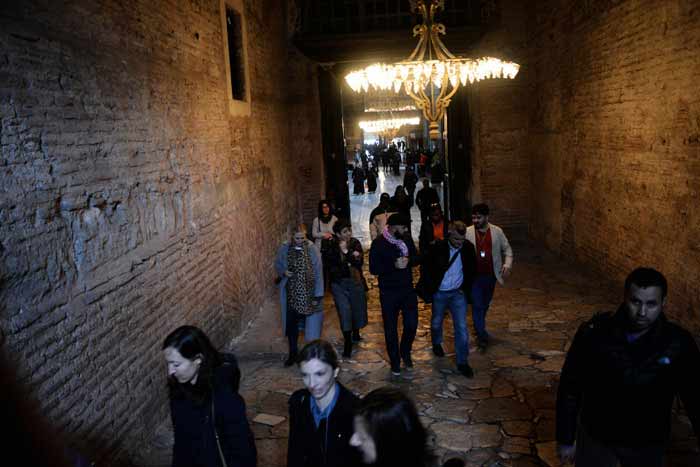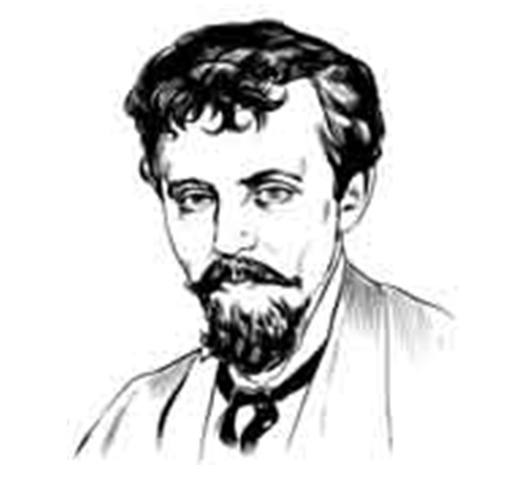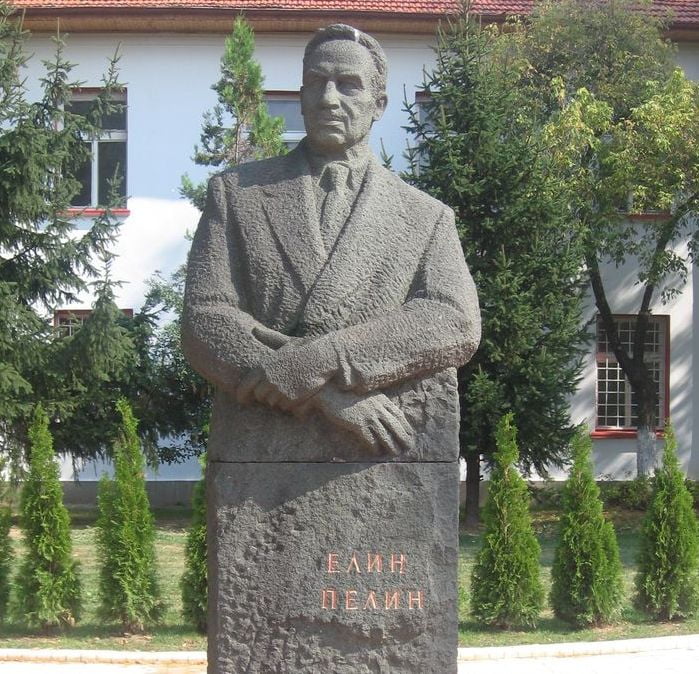Bulgaria
Introduction
Bulgarian literature is still in its infancy. The first Bulgarian grammar was published in 1835. This was the work of the monk Neophyt Rilski (1793—1881) who was responsible for the opening of some of the first schools in Bulgaria. Among the writers of this earlier period were George Rakowski (1818—1867), whose patriotic works stimulated the national zeal, Christo Boteff (1847—1876) and Petko Slaveikoff (died 1895), whose poems molded the modern poetical language and exercised a great influence over the people.
One of the most distinguished men of letters is Ivan Vazoff (born 1850), whose poetry and prose are distinguished for their literary finish. Dimitr Ivanov (born 1878) is one of the younger writers who has displayed rare qualities in several volumes of short stories. Under the penname of Elin-Pelin he is well known to all readers of the Bulgarian language. It is to Ivanov that especial credit is due for describing the little-known peasant of his country.
Dimitr Ivanov (Elin-Pelin) (1878-1949)
Elin-Pelin, whose real name was Dimitr Ivanov (bom in 1878 near Sofia), was one of the common people. As a village teacher he spread enlightenment among his fellow-countrymen. Wishing to win their confidence, he “lived among the peasants and in the repression of self he found the power to create.” In his stories the spiritual life of the Bulgarian countryman is depicted as in a mirror.
The motives of his first collection of stories are as simple as folk-songs and, like them, were born of the emotions of life. The first collection of his tales was published in 1904.
In the author`s second collection of stories not only Bulgarian peasants and villagers but many Mohammedan types appear in refreshing variety. The Commissioner`s Christmas presents a characteristic sketch of the peasants of Bulgaria`s hinterland.
This story, here translated for the first time into English, by Sarka B. Hrbkova, is reprinted by permission of the translator.
The Commissioner`s Christmas
“’We`ll get there in plenty of time, sir. Yes, we`ll get there yet before daylight`s gone. See—there`s the village over yonder at the foot of the hill! Do you see it? As soon as we cross that low ridge we can say we`re there.” And the young driver, swinging his whip above the backs of his lean horses, shouted lustily to spur them on:
“Vyee hey! Vyee! Sirs!”
The four wheels of the light coach splattered worse than ever through the soft mud of the country road. The rickety skeleton of the coach rattled dismally through the cheerless, dreary plain soaked by the late December rains.
Read More about The Smith who could not get into Hell part 1
